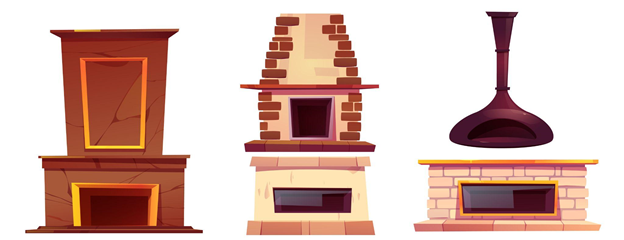When it comes to selecting kitchen countertops, homeowners are often faced with a plethora of material choices. Among these, quartz and Dekton countertops have emerged as popular options due to their durability and aesthetic appeal. Here we will delve into the material composition and manufacturing processes of these two materials to provide a comprehensive understanding of their characteristics and benefits.
Quartz Countertops: Composition and Manufacturing
Quartz countertops are engineered stone products that consist of about 90-95% natural quartz, one of the hardest minerals on Earth, and 5-10% polymeric or cement-based binders. The natural quartz crystals are mined, then ground into an aggregate that’s fused with resin binders under intense heat and pressure to form a solid slab. Pigments can be added during the manufacturing process to give the countertops various colors and aesthetic patterns that mimic natural stone.
The process of creating quartz countertops is highly controlled and monitored, ensuring consistent quality and durability. The non-porous nature of quartz makes it an excellent material for kitchen countertops as it resists staining and does not harbor bacteria or viruses.
Dekton Countertops: Advanced Material Engineering
Dekton is a sophisticated blend of the raw materials used in the production of glass, porcelain, and quartz surfaces. This ultracompact surface is manufactured using a technology called Sinterized Particle Technology (SPT) which involves an accelerated version of the high-pressure and high-temperature processes that natural stone undergoes in the formation over thousands of years.
In this process, the materials are subjected to extreme heat and pressure, resulting in a highly dense and compact surface. Dekton’s durability is one of its most significant advantages, being resistant to heat, scratches, UV rays, and staining. This makes Dekton an ideal choice for both indoor and outdoor environments.
Comparison and Considerations
Both quartz and Dekton countertops offer unique benefits. Quartz is renowned for its wide range of colors and patterns, which can be closely controlled during the manufacturing process, allowing for a uniform appearance across slabs. It is also somewhat more flexible than Dekton, which can make it easier to install in challenging spaces.
Dekton, on the other hand, stands out for its exceptional durability and versatility. Its resistance to heat, scratches, and UV rays makes it particularly suitable for outdoor kitchens, as it will not fade over time due to sun exposure. However, Dekton’s hardness requires professional tools for cutting and installation, potentially increasing the overall cost.
Conclusion
Choosing between quartz or Dekton countertops involves considering factors like aesthetic preferences, usage, and budget. Both materials are manufactured through technologically advanced processes that enhance their natural properties, providing homeowners with resilient and attractive countertop options. Whether you value the vibrant and diverse designs of quartz or the rugged, adaptable qualities of Dekton will guide your final decision.





